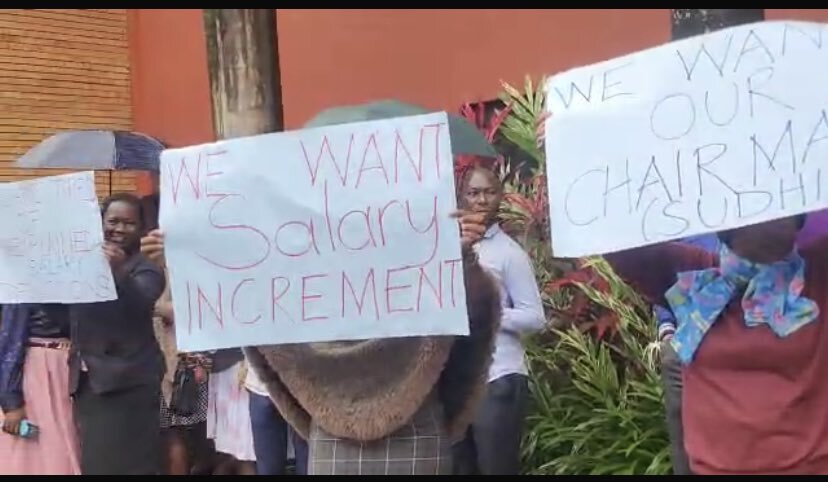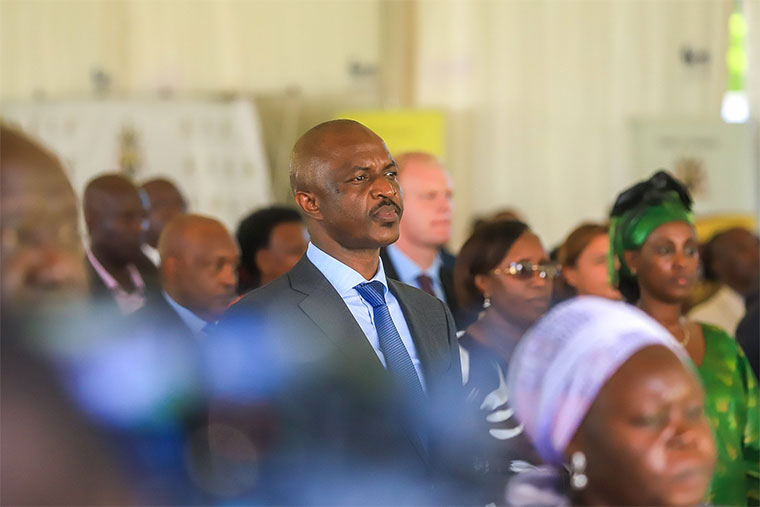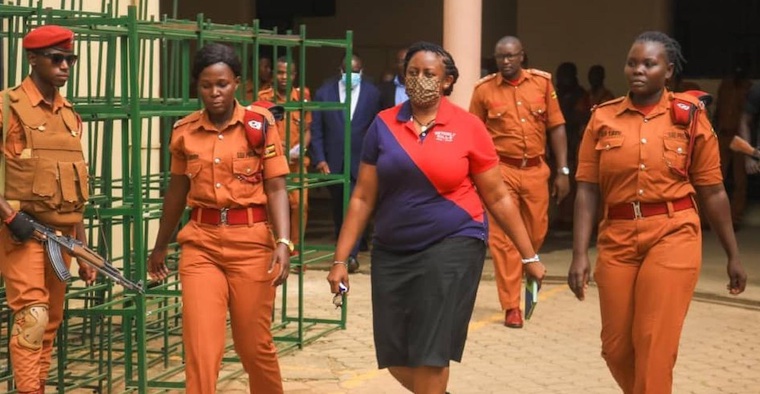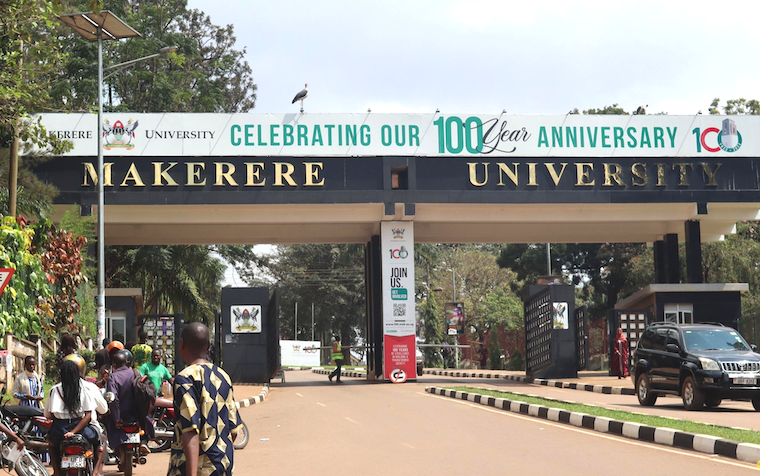A report by the sectoral committee on Tourism, Trade and Industry in Parliament has revealed that billions of taxpayers’ money was lost after the government failed to provide accountability.
The committee audited public funds allocated to cooperatives between financial years 2011/2012 and 2022/2033, a period of 11years.
During this period, the committee discovered that a number of cooperatives were advanced a total of Shs 620.78 billion.
However, only Shs 232.9 billion could be verified, leaving close to Shs 400 billion unaccounted for.
Genesis
The evolution of cooperatives can be traced present-day Mubende district in 1913 when farmers decided to market their crops collectively.
Statistics from the ministry of Trade and Cooperatives indicate that as of August 2012 , there were 13,179 cooperatives across the country in the sectors of agriculture, transport, housing, fishing and those which are multipurpose.
These cooperatives were distributed across all the regions of Uganda.
The report indicates that between financial years 2016/17 to 2022/2023, Shs 137.8 billion was paid to some of these cooperatives, but how it was spent remains a key question.
The findings
On 25th Nov 2021, the Ministry of Trade and Cooperatives paid S 1.7 bn shillings to Masaka Diocesan treasury on behalf of Bwaavumpologoma Cooperatives Union. However, of this, Shs 997 million could not be accounted for according to investigations.
The investigation discovered that Geraldine Ssali, the former permanent secretary in the Ministry of Trade had retained the original certificate of Bwaavumpologoma allegedly to continue extorting money from the union.
Some illicit financial flows were discovered by the committee. It was established that Martin Wilson Kasule and Francis Lwanga, from the union, made several withdraws from bank account of Bwaavumpologoma yet they were not authorized signatories.
For instance, on December 1, 2021, Lwanga gave Victor Busuulwa, husband to Geraldine Ssali, Shs 436m in Nsambya as a token of appreciation.
Eight days later, Lwanga made a cash deposit of Shs 150 million to Busuulwa. In total, the findings show that Shs 936 million was paid to Busuulwa as a token of appreciation for his wife’s services.
In another shocking case Ssali authorized the payment of Shs 2.7 billion to Okoro Coffee Growers Cooperatives Union before it was even verified. However the union only received Shs 1.8 billion.
The committee recommended the interdiction of Ssali who was recently arraigned before the Anti-Corruption Court. Ssali was also relieved of her duties as permanent seceratry in the ministry of Trade and Cooperatives.
The committee also recommended that Leonald Kavundira, a staff of the ministry of Trade should be investigated and possibly prosecuted.
Stephen Bagonza Mugumya, a chairperson, Kashozi Mwetambire Growers Cooperative Union – Sheema District, says there were some gaps in the Investigative report some key respondents.
“Some people were not probed, some key documents went missing,” he said.
He says the conclusions and recommendations could have been made based on incomplete or biased information/findings.
“The committee did not give precise recommendations on society officers and other third parties involved. Instead, it recommended further investigations. It would have been more useful to say so and so should be held responsible for so much,” Mugumya said.
What went wrong?
Experts say the compensation exercise was a flawed process that allowed opportunists, including some MPs and government officials to impose their relevance and control the process, to the extent that they could determine who should be involved, how much commission/agency fees should be paid to them.
It was also discovered that some officials inflated compensation amounts, handled cash and determined how much to release to cooperative societies.
This was a classic example of illicit financial flows because there was no audit trail.
As some cooperatives waited for compensation, they choked on debts and could not operate effectively.
When the money was received, they had to pay liabilities which had accumulated a lot of interest and penalties, plus litigation costs where creditors had gone to court.
Many cooperatives lost their valuable assets during this time.
*This story was produced with the support of the African Centre for Media Excellence (ACME).








